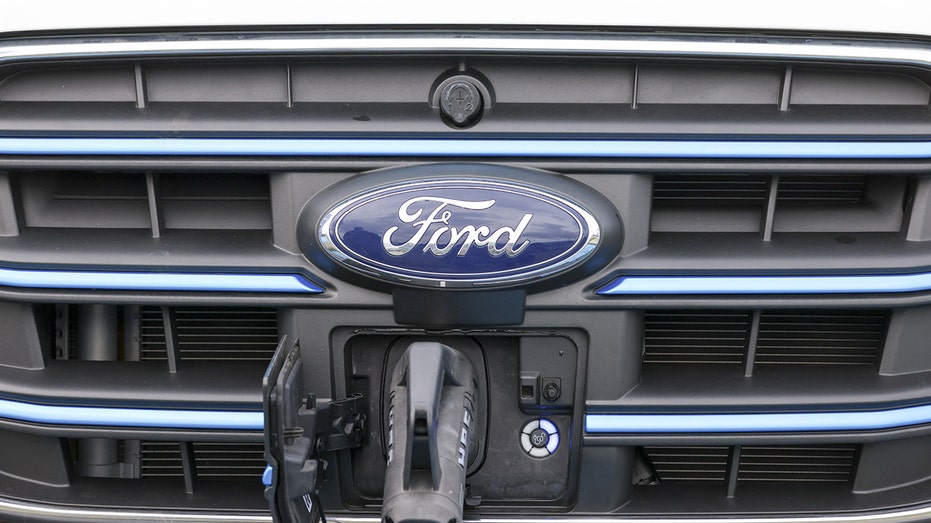Ford Motor Co. expects a major reduction in its European workforce due to stricter emissions standards on electric vehicles, which the company cites as a key factor in its cutbacks.
On Wednesday, the automotive giant announced that 4,000 jobs would be slashed across the U.K. and Europe by 2027 amid pressure to reach the European Union’s goal of zero emissions by 2035. The loss equates to a 14% cut to the company’s workforce in Europe, which, according to The Associated Press, currently stands at about 28,000 employees.
The company said the cuts come in an effort to remain competitive in an industry where the “shift to electrified vehicles and new competition has been highly disruptive” to long-term sustainability.
“The global auto industry continues to be in a period of significant disruption as it shifts to electrified mobility,” Ford said in a statement. “The transformation is particularly intense in Europe, where automakers face significant competitive and economic headwinds while also tackling a misalignment between CO2 regulations and consumer demand for electrified vehicles.”
TESLA STOCK JUMPS ON REPORT TRUMP PLANS TO EASE REGULATIONS AROUND SELF-DRIVING CARS
Ford’s Germany branch is expected to see the highest staff reduction, with as many as 2,900 layoffs, while an additional 800 jobs will be cut in Britain and 300 in other EU countries, the AP reported.
HOW TRUMP’S RETURN TO THE WHITE HOUSE COULD IMPACT THE AUTO INDUSTRY
Ford’s downsizing comes after Parliament, in 2023, approved a stricter green energy target of zero CO2 emissions for new passenger cars and light commercial vehicles by 2035. The EU set an emissions reduction target of 55% for cars and 50% for vans by 2030.

Italian Prime Minister Giorgia Meloni recently criticized the EU’s standards, saying in September that “the ban on endothermic engine (cars) from 2035 is one of the most obvious example of a self-destructive approach.”
The European Automobile Manufacturers Association (ACEA) also suggested the industry is still missing crucial infrastructure necessary in reaching the zero-emission standard for vehicles.
“The zero-emission transition is highly challenging, with concerns about meeting the 2025 CO2 emission reduction targets for cars and vans on the rise,” the ACEA wrote in a September press release.
The group also predicted potential job losses could result from a push toward EVs.
“This raises the daunting prospect of either multi-billion-euro fines, which could otherwise be invested in the zero-emission transition, or unnecessary production cuts, job losses, and a weakened European supply and value chain at a time when we face fierce competition from other automaking regions,” they wrote.

The Biden administration has pushed for stricter emissions standards on EVs in the U.S., but Congress has pushed back on many of the green-energy mandates. In March, the Environmental Protection Agency introduced a final rule to require up to two-thirds of all new car sales to be electric by 2032 and to require 40% of heavy-duty trucks to be zero-emissions by 2032.
A bipartisan group of lawmakers in the House passed the Congressional Review Act resolution in September, introduced by Rep. John James, R-Mich., to block the “out-of-touch regulation” from being enacted.
















